MANILA, Philippines—There was already irreparable damage to the West Philippine Sea when the Philippines filed an arbitration case against China in 2013.
As pointed out by the Philippine government back then, the activities of China in areas covered by its illegal nine, now 10-dash line, “damaged the diverse and fragile ecosystem of the South China Sea.”
“If unchecked, [China’s] activities will continue to pose a significant threat to the marine environment of the South China Sea, and of all the States which border the Sea,” it said.
RELATED STORY: Scientists warn WPS marine ecosystem at risk
But while the Philippines eventually won, former Supreme Court (SC) Associate Justice Francis Jardeleza had said in an event at the Silliman University last year that the damage has persisted.
Article continues after this advertisement
This was the reason he stressed that should the Philippine government decide to file a new case against China, the damage inflicted on the West Philippine Sea can be the highlight.
Article continues after this advertisement
‘China should pay’
Jardeleza’s statement came a few weeks after the Armed Forces of the Philippines (AFP) said that coral reefs in Rozul (Iroquois) Reef, where Chinese militia vessels were seen, have been heavily damaged.
The AFP stated that it noticed coral harvesting in the features where the vessels swarmed and that when divers had been dispatched to check, “no corals remained – everything was damaged, with debris scattered.”
READ: AFP sounds alarm: Rozul Reef’s corals completely wiped out
As pointed out by Jardeleza, who was the solicitor general in 2013, a new case can be filed against China to highlight its constant ecological degradation in the West Philippine Sea.
This, as he said that while the 2013 arbitration case included the damage inflicted by the activities of China such as land reclamation, the collection of evidence was only up until 2013 to 2014.
READ: File new arbitration case vs China
“From 2014 until today, the damage is still being done,” he said, as stated in a release by the Silliman University, where the forum “Philippines vs. China: Dissecting the West Philippine Sea Controversy” was held.
Jardeleza later explained that by filing an environmental case against China, the Philippines could claim millions or billions of pesos to fund efforts to protect the West Philippine Sea.
Gov’t working with case
As the AFP revealed the state of Rozul (Iroquois) Reef, Solicitor General Menardo Guevarra pointed out that his office will start establishing facts and gathering data on the damage inflicted by China.
His statement was backed by the Department of Foreign Affairs (DFA), which stressed that it will work with the OSG in seeking legal compensation from China. “[We are] ready to contribute,” it said.
READ: DFA ready to support legal actions on WPS reef damage
This, as the DFA stated that based on the 2016 arbitral award, all States entering the Philippines’ exclusive economic zone and maritime zones are obliged to “protect and preserve our marine environment.”
As explained by Guevarra, a complaint for damages can be filed before an international tribunal with proper jurisdiction, such as the one that invalidated China’s extensive claims in the West Philippine Sea.
“The OSG has embarked on an in-depth study of various legal options that the Philippine government may consider in relation to West Philippine Sea issues with China,” he had said in a media interview.
READ: ‘No factual basis’: China refutes WPS reef damage
China, which is not recognizing the 2016 arbitral award, dismissed allegations that it was behind the environmental damage in the West Philippine Sea. “Stop creating political drama from fiction,” it said.
Almost ready?
Last May, the DOJ said that the government might complete the case “in a few weeks,” since it was still working then with the Office of the Solicitor General (OSG) on the evidence to be presented.
INQUIRER.net has reached out to the DOJ through Usec. Margarita Gutierez and Asec. Mico Clavano to ask for developments regarding the case, but has yet to receive a response.
RELATED STORY: Justice sought as China intrusion brings ‘immeasurable’ destruction to PH coral reefs
However, as pointed out by Clavano in May, “we need to prove all the evidence that we will be attaching in our complaint,” which the OSG said will be filed before an international tribunal.
Based on data from the Center for Strategic and International Studies, China’s artificial island-building in both occupied and non-occupied reef features in the South China Sea, already damaged 1,800 hectares of coral reefs.
Likewise, over 6,500 hectares were said to have been damaged because of China’s giant clam harvesting, with over 20 percent of maritime features in the South China Sea devastated by the activity.
READ: ‘Irreparable Harm’: China intrusion’s impact on West Philippine Sea ecosystem
Then in the West Philippine Sea, almost 4,000 hectares of coral reefs in features occupied or controlled by China have already been damaged, most especially because of giant clam harvesting.
Taking the chance
Last year, the Philippine Coast Guard said, too, that coral reefs in Escoda (Sabina) Shoal have been destroyed, expressing concern on the “deliberate” man-made alteration of the natural landscape of the marine environment.
The ecosystem there “appeared lifeless, with minimal to no signs of life,” it said.
READ: Coast guard surveys ‘deliberate’ reef damage
Retired SC Senior Associate Justice Antonio Carpio had pointed out that the Philippines can really take an action against China, stressing that “we can bring an action to a tribunal to recover damages.”
He explained that even if China would not pay, the settlement could still be collected: “So we owe China for Kaliwa Dam, for the Chico [River Project], so we will just offset it.”
As pointed out by Jardeleza in a column, the arbitral tribunal already held China “directly responsible, as a state, and a party to the United Nations Convention on the Law of the Sea, for the damage to the environment.”
READ: File new arbitration case vs China
“It found that China engaged in unlawful, artificial island-building in, among others, the Mischief Reef, which is indisputably within our exclusive economic zone,” he said.
Now, to save on resources, he proposed that the OSG be mandated to handle the new arbitration: “The OSG has lawyers who know their international law and have experience from the previous arbitration.”
RELATED STORY: Scientists warn of ‘dire ecological damage’ in WPS territories if Chinese incursion continues
For comprehensive coverage, in-depth analysis, visit our special page for West Philippine Sea updates. Stay informed with articles, videos, and expert opinions.

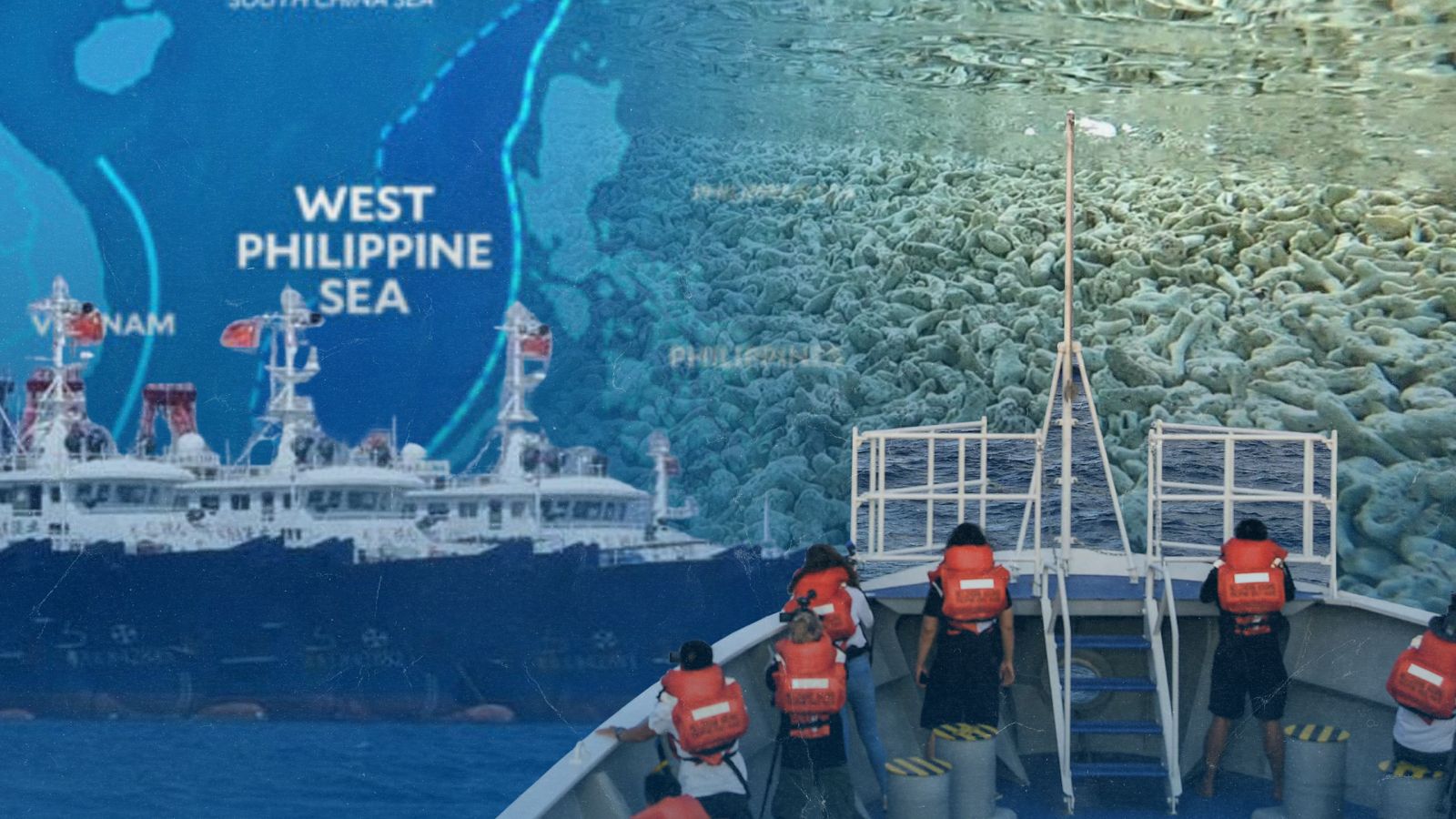
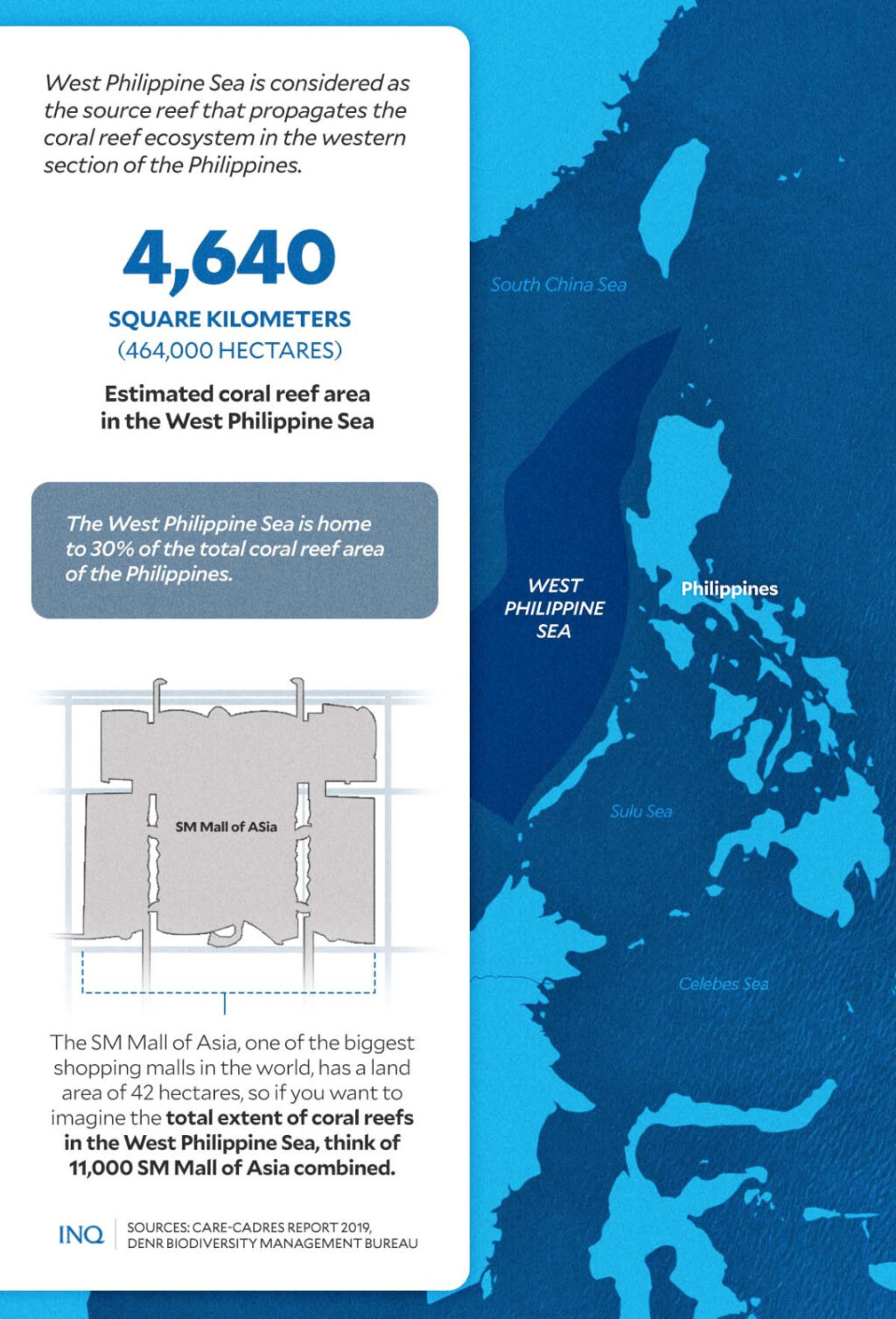
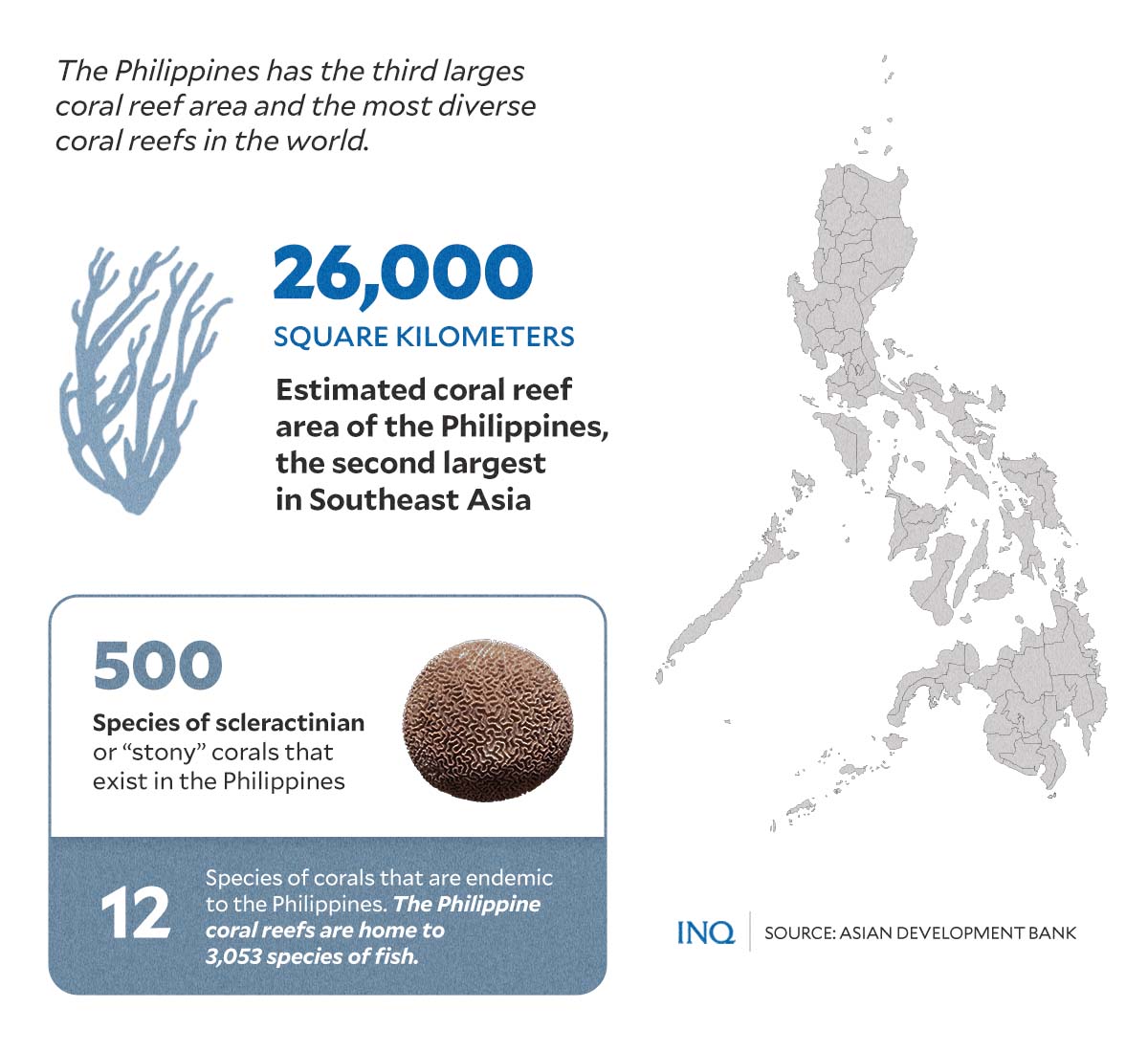
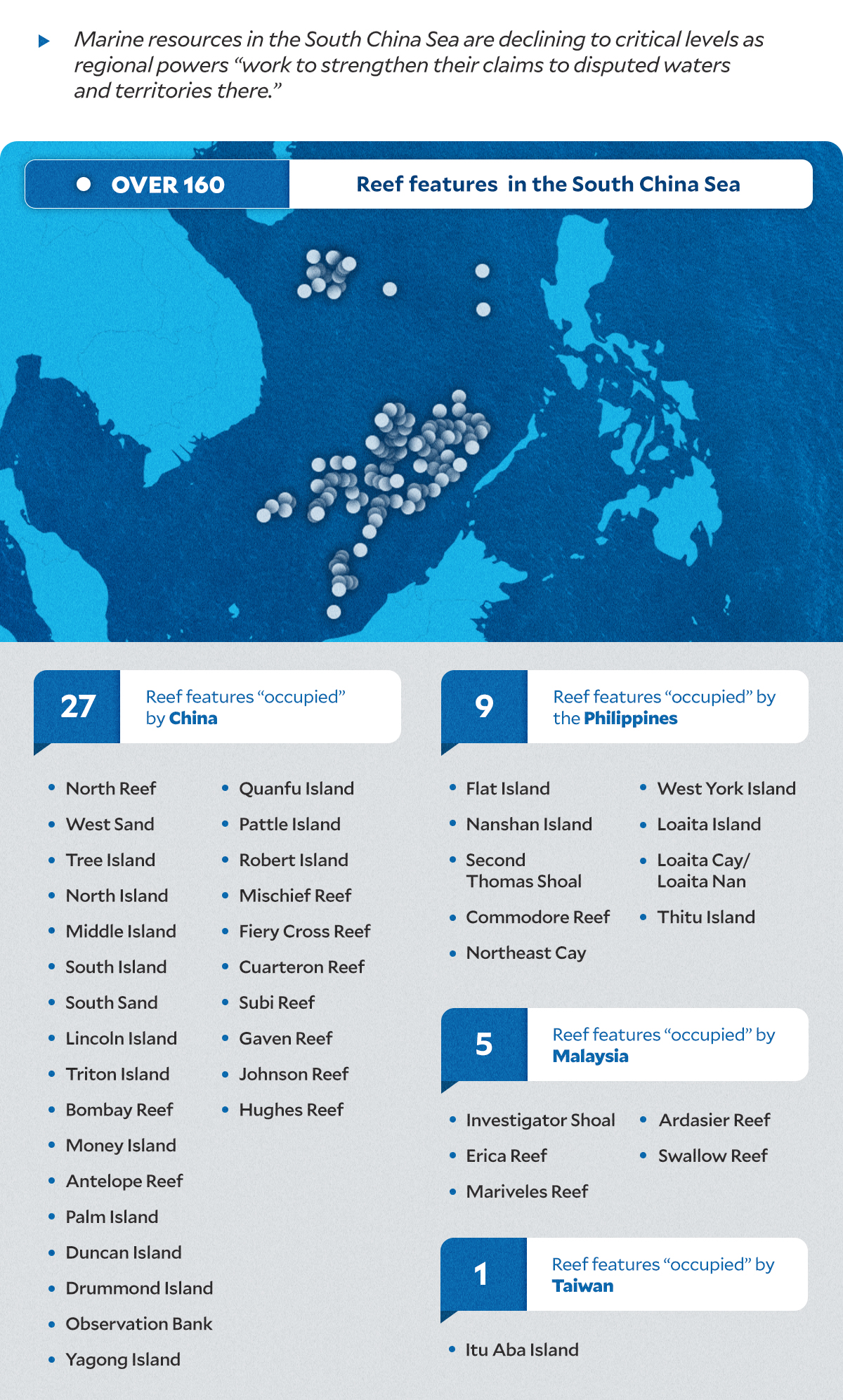
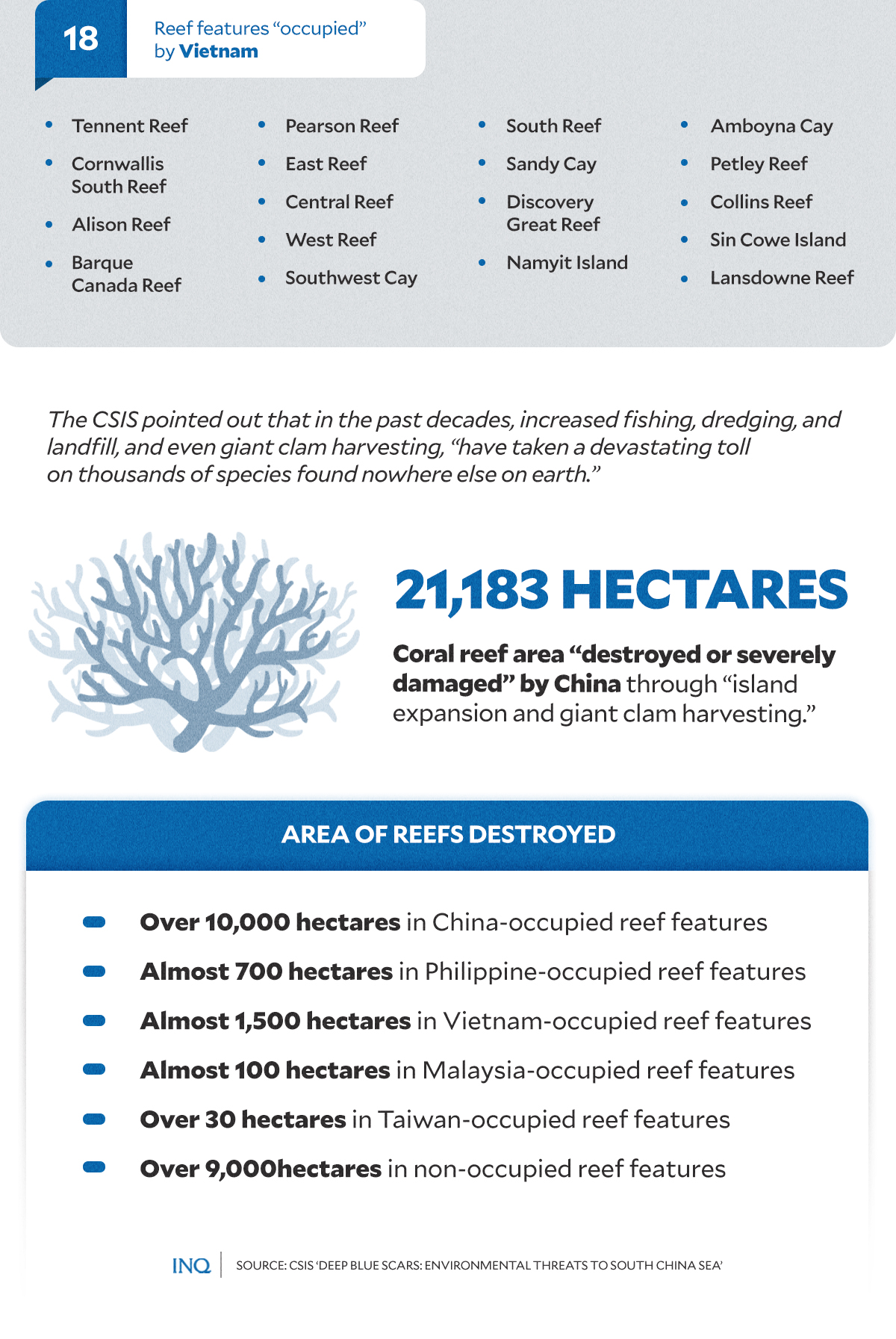

![[Two Pronged] My ex-fiancée threatens to tell my friends about our relationship and that my penis ‘looks weird’](https://i1.wp.com/tvchannel.su/wp-content/uploads/2024/09/ex-fiancees-penis-threats-September-16-2024-270x150.jpg)
































